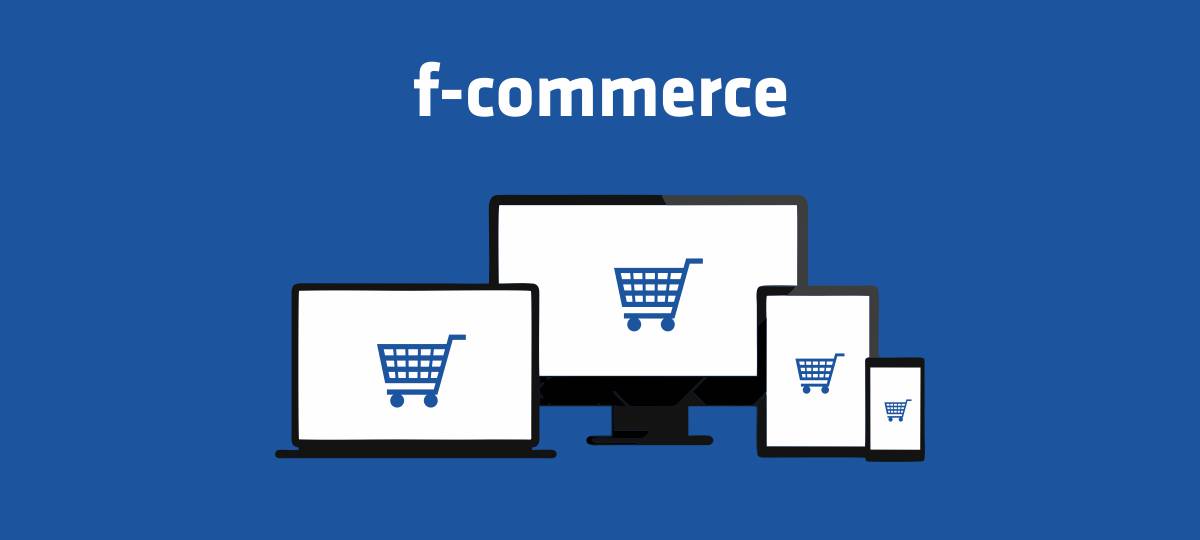
Facebook plays an outsized role in Dhaka’s digital ecosystem. In many instances, Facebook has become synonymous with the internet. A significant percentage of total digital marketing budget in Dhaka is being spent on Facebook.
Bangladeshis spend a staggering amount of time on Facebook. The Q2 report of 2017 of Global Digital Statshot has ranked Dhaka second in the world in terms of having the most active Facebook users. According to the report, Dhaka has 22 million active internet users, which is 1.1 percent of the total monthly active users of the social networking site across the globe.
From Facebook Rules The Internet In Bangladesh:
“This past Eid holiday, I came to correct my previously held misconception about internet penetration in the rural areas in Bangladesh. Here is the truth, people in the rural parts of Bangladesh spend a humongous amount of time on the internet, particularly women and young people.
The problem, however, is that many of these people are not aware of the fact that they are using the internet because they are on the Facebook. In their understanding, Facebook is the internet, thanks to Free Basics program, domesticated version of the internet from Facebook.
A significant number of these people are extremely active on the social network, have their community, communicate with each other and in fact, buy things through Facebook except that they rarely take advantage of other benefits that the internet has to offer. And they live in the bubble that Facebook helps create for them.”
This reality has helped to grow an entire class of businesses dubbed as F-commerce in Dhaka enabling a huge number of small entrepreneurs to start and build their business on the back of Facebook’s huge reach. This is a whole new category of small and medium enterprises that sell through Facebook pages and groups. Major classified sites and B2C ecommerce marketplaces rely heavily on Facebook for traffic.
These small businesses along with big brands have invested a hefty amount in building an audience on Facebook that enables them to reach out to customers and have a business. The advantage Facebook offers is simple: opening a Facebook page is free which has made the cost of starting a small business almost zero.
The platform has become so powerful in Dhaka that spending on Facebook is mandatory for businesses and brands if you want to reach out to audience digitally.
However, things have started to change pretty rapidly over the past few months. Many small businesses and even established brands have started to complain continuous decline in the organic reach of their pages and that it is getting difficult to reach people if you are not paying Facebook. This has made doing business on Facebook difficult.
With the new changes announced Yesterday, this will become even more challenging for the small businesses in Bangladesh to reach customers and continue a sustainable business. In simple, Facebook’s News Feed change will have a significant impact on the overall digital commerce ecosystem in Dhaka.
From The New York Times:
“Facebook has introduced sweeping changes to the kinds of posts, videos and photos that its more than two billion members will see most often, saying on Thursday that it would prioritize what their friends and family share and comment on while de-emphasizing content from publishers and brands.
The shift is the most significant overhaul in years to Facebook’s News Feed, the cascading screen of content that people see when they log into the social network. Over the next few weeks, users will begin seeing fewer viral videos and news articles shared by media companies. Instead, Facebook will highlight posts that friends have interacted with — for example, a photo of your dog or a status update that many of them have commented on or liked.”
As the Times pointed out this is the most consequential change in years to Facebook’s News Feed. Again from the Times on the likely impacts of the change on the businesses and users:
“The repercussions from Facebook’s new News Feed changes will almost certainly be far-reaching. Publishers, nonprofits, small business and many other groups rely on the social network to reach people, so de-emphasizing their posts will most likely hurt them. Adam Mosseri, vice president of product management at Facebook, who is responsible for running the News Feed, acknowledged that “there will be anxiety” from partners and publishers who often complain about the constant changes in what will be shown across the network.”
This point that small businesses will be the ultimate sufferers can’t be more visible anywhere in the world than in Dhaka.
Having said that, this is not the first time Facebook has made such a decision. It has done similar things to many industries that were built on the back of its platform starting from application to gaming to media among others.
In fact, due to Facebook’s tendency to change its platform frequently, many people warn about building things that are platform dependent. This reality now has come to haunt many small f-commerce businesses in Dhaka.
We have tried to come up with a host of strategies that you can use to wither challenges that may come from Facebook's News Feed change, read here.
Cover photo courtesy: here
